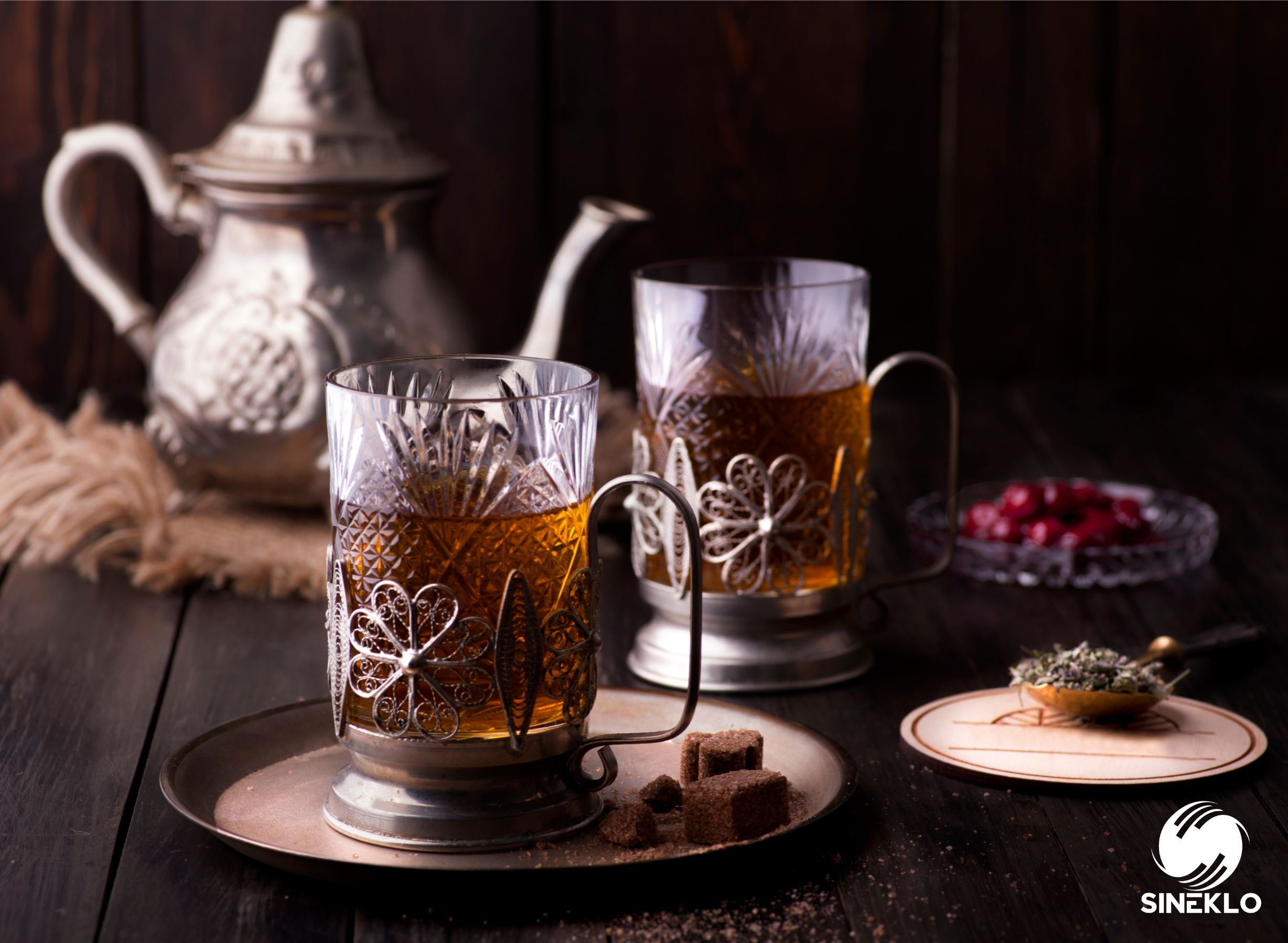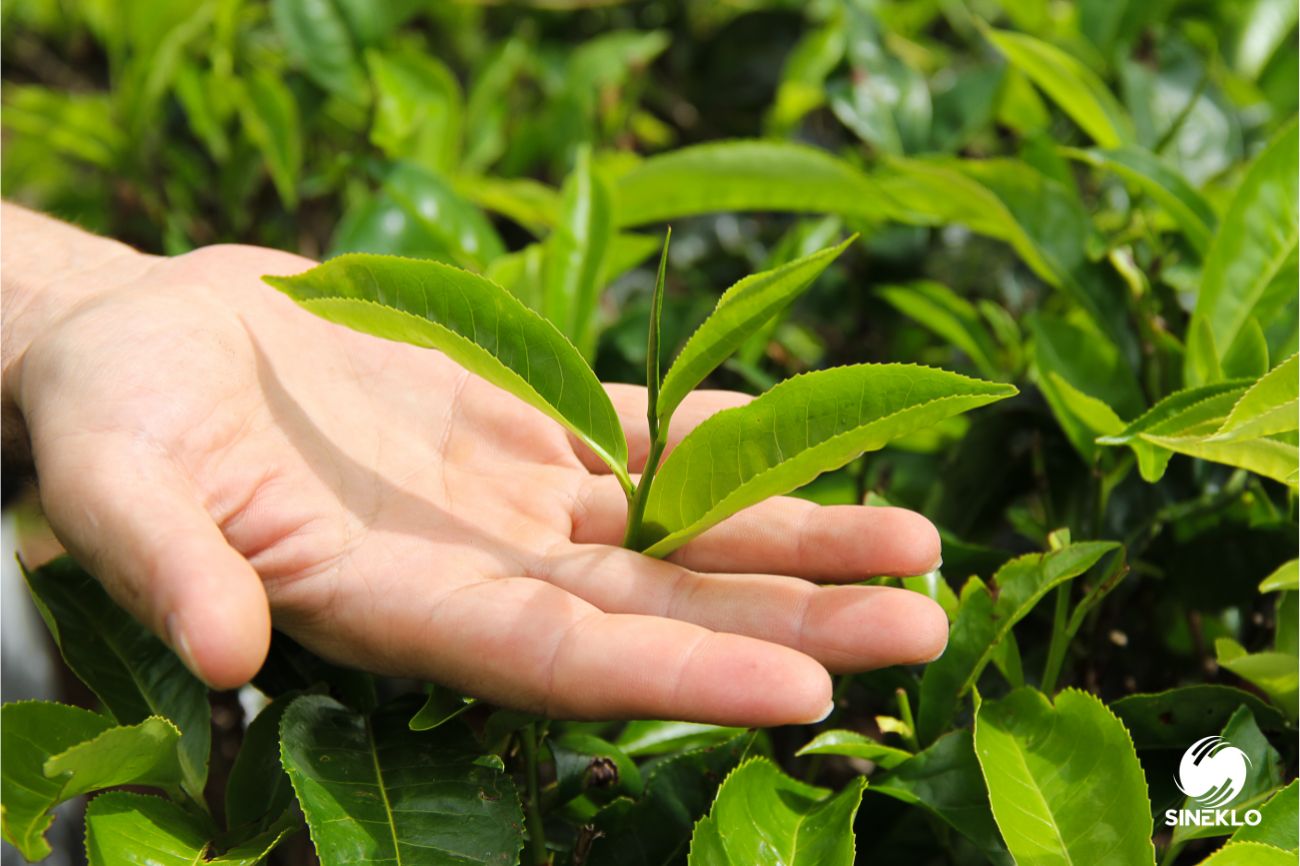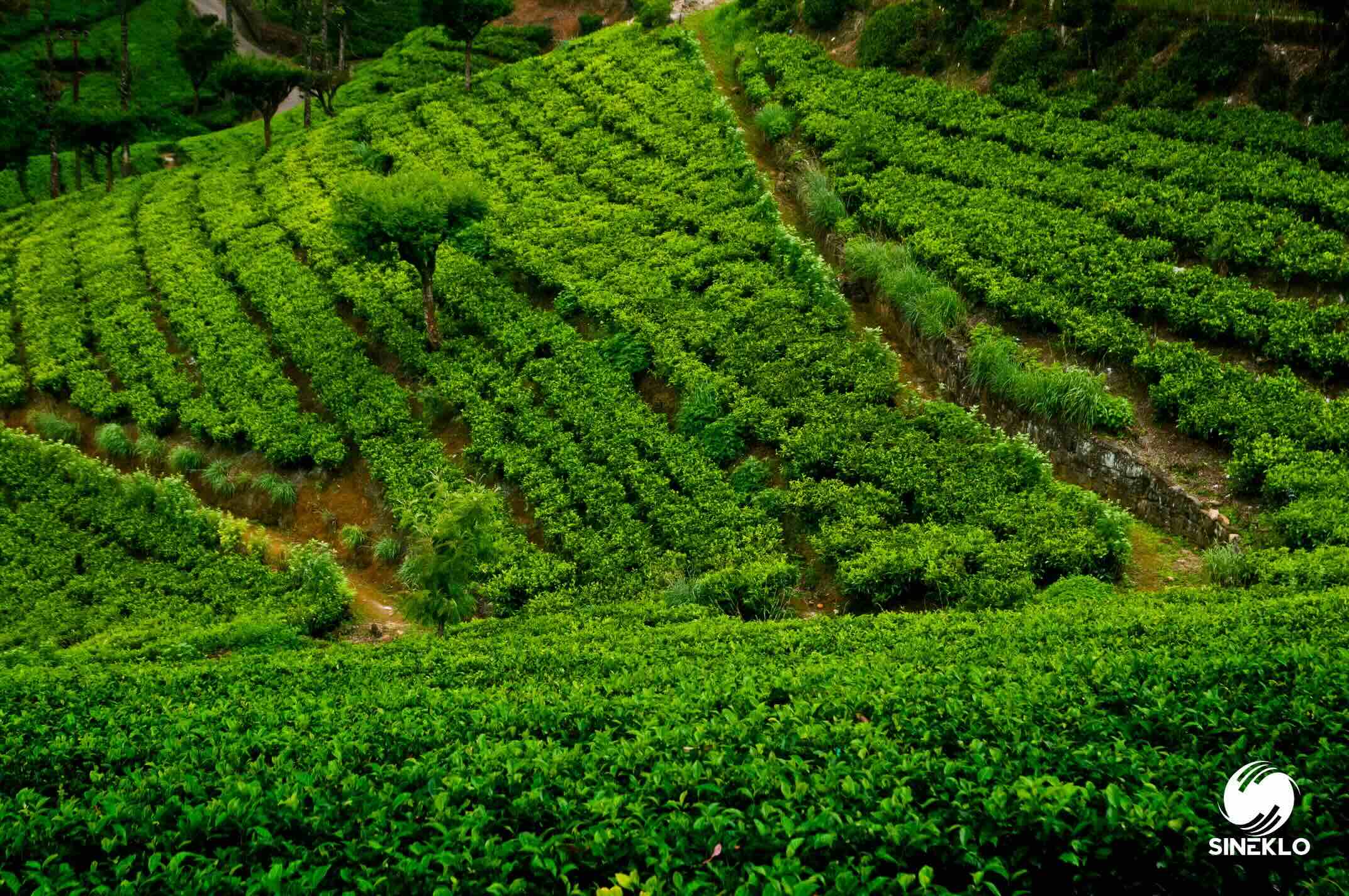Ceylon Tea
Ceylon Tea: A Journey into Sri Lanka's Rich Heritage
Ceylon Tea, celebrated for its exceptional quality and exquisite flavor, stands as a symbol of Sri Lanka's rich heritage and esteemed place in the global tea industry. With its lush plantations, favorable climatic conditions, and meticulous production methods, Ceylon Tea has captivated the hearts and palates of tea enthusiasts worldwide. This article delves into the fascinating history, unique characteristics, and remarkable journey of Ceylon Tea, offering a glimpse into the enchanting world of Sri Lanka's finest brew.
A Historical Legacy
Ceylon Tea's compelling history dates back to the 19th century when the British introduced tea cultivation to Sri Lanka (then known as Ceylon). Initially, coffee was the primary cash crop, but a devastating disease led to its decline. It was James Taylor, a pioneering planter, who transformed the industry by planting tea in the misty hills of Ceylon. This marked the beginning of an era that would see Ceylon Tea rise to prominence as one of the world's finest teas.
Terroir and Unique Characteristics
Sri Lanka's diverse topography and microclimates provide the perfect conditions for cultivating tea. The island's highlands, with their cool temperatures, misty mountains, and fertile soil, contribute to the distinct flavors and aromas found in Ceylon Tea. Tea estates located at different elevations produce teas with varying characteristics, ranging from delicate and floral in the high-grown regions to robust and full-bodied in the low-grown areas. This diversity allows tea connoisseurs to explore a wide spectrum of flavors and find their preferred cup.
Artisanal Tea Production
The production of Ceylon Tea is an art that demands meticulous attention to detail. The process begins with handpicking the tender two leaves and a bud from carefully nurtured tea bushes. These leaves undergo a rigorous journey, encompassing withering, rolling, oxidation, and drying. The traditional orthodox method, still widely practiced, ensures that the leaves retain their natural oils, resulting in a more complex and nuanced flavor profile. From estate to cup, Ceylon Tea reflects the dedication and skill of the artisans involved in every step.
The Diversity of Ceylon Tea
Ceylon Tea boasts an impressive range of flavors, catering to diverse palates and preferences. From the delicate and floral notes of high-grown teas like Nuwara Eliya to the bold and robust flavors of low-grown teas like Uva, Ceylon Tea offers something for everyone. Whether you prefer a
classic black tea, a fragrant green tea, or a refreshing iced tea, Ceylon Tea delivers a unique experience that tantalizes the senses.
The Global Impact
Ceylon Tea has secured its position as one of the world's most sought-after teas, captivating tea enthusiasts in every corner of the globe. With its exceptional quality and adherence to stringent production standards, Ceylon Tea has earned various certifications and awards, bolstering its reputation as a premium tea. Sri Lanka's tea exports contribute significantly to the country's economy, supporting the livelihoods of countless individuals involved in the industry.
Conclusion
Ceylon Tea's remarkable journey from humble beginnings to global recognition is a testament to the dedication and passion of those involved in its production. With its rich history, diverse flavors, and meticulous craftsmanship, Ceylon Tea has established itself as an icon of Sri Lanka's heritage. The next time you savor a cup of Ceylon Tea, take a moment to appreciate the centuries-old legacy and the artistry that goes into creating this extraordinary brew.





